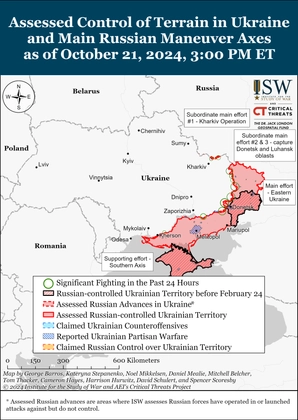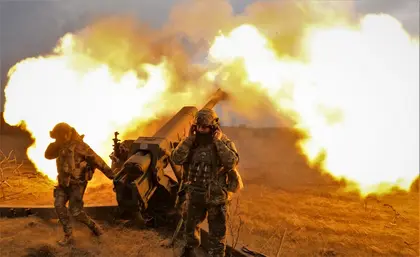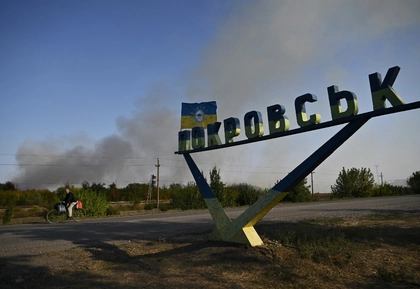What do China, India, Turkey, Armenia, the UAE, and the US have in common?
JOIN US ON TELEGRAM
Follow our coverage of the war on the @Kyivpost_official.
More than might appear from a casual glance. They are among the winners from Russia’s aggression against Ukraine. There are others who have benefitted too, and more — including Europe — which have averted disaster and perhaps nudged themselves towards a much-improved future with less reliance on fossil fuels.
And then there is Russia. The loser. Its armies smashed and scattered across the Ukrainian steppe; its elite soldiers dead or dismembered; its traditional energy export markets shuttered, and its economy teetering, flimsy and Potemkin-like on the brink of ruin.
It has been said too rarely that the Western oil price cap on Russian crude is having a real effect, with Urals oil trading at close to a one-third discount to Brent. Few people write about this, but many Global South nations (India, China, and others) are now benefitting hugely by securing cut-price oil, energy, and commodity supplies from Russia. The war is now producing an economic win or benefit for many low-income countries.
Forced to sell its commodities at below market prices at a cost of untold billions of dollars, the war has also sparked a very significant capital flight from Russia (who, after all, would leave their assets anywhere near a kleptocratic Kremlin?)

ISW Russian Offensive Campaign Assessment, October, 22, 2024
While higher oil and energy prices bolstered Russia’s trade and fiscal surpluses last year, helping create a current account surplus of $227bn in 2022, there was also a foreign exchange drawdown of close to $50bn, and more than $100bn is estimated to have left the country, excluding deleveraging.
That money has poured into countries believed to be beyond the reach of Western sanctions enforcers. The fund outflows can be seen from the balance of payments data across the Gulf to Turkey, and the likes of Armenia, Azerbaijan, Georgia, Uzbekistan, and Kazakhstan. Many of these onetime Soviet states have seen huge remittance inflows on the current account, as well as capital account, and large errors and omissions (essentially unexplained) inflows.
Armenia, for example, which has traditionally run large structural current account deficits for much of the past 30 years, ran a current account surplus in 2022, and this allowed the central bank to increase foreign exchange reserves by close to one-third, or $1bn. It is all the more remarkable to run a current account surplus despite real GDP growth in excess of 12% (which would be expected to suck in imports.)
This happy combination helped anchor the exchange rate and weigh down on inflation.
Reprinted from CEPA’s Europe Edge and @tashecon blog [email protected]. See the original here.
The views expressed in this opinion article are the author’s and not necessarily those of Kyiv Post.
You can also highlight the text and press Ctrl + Enter






